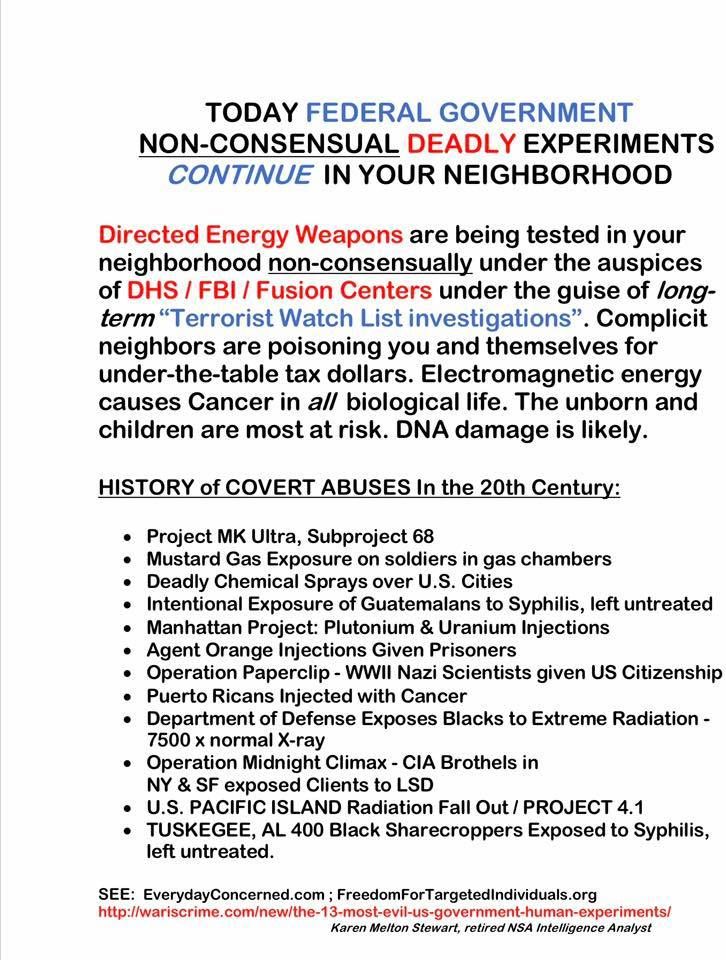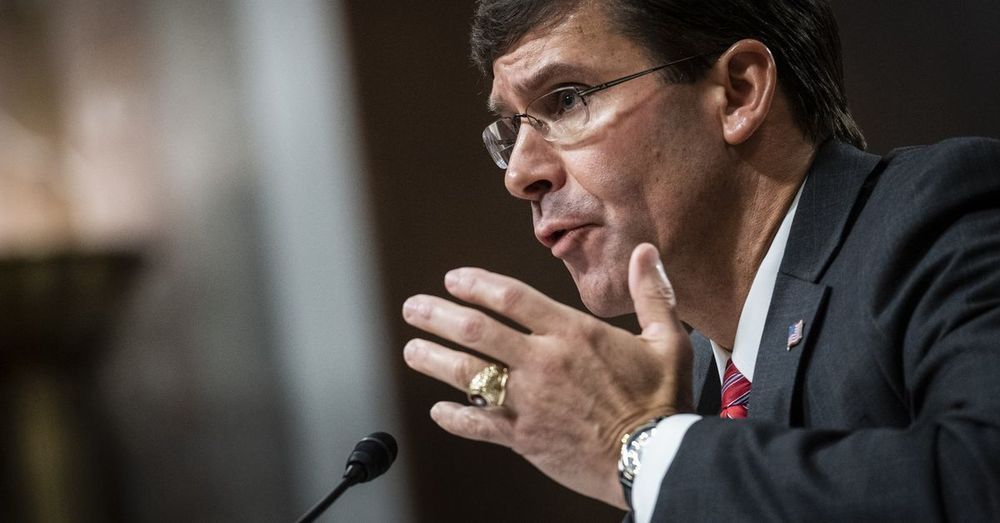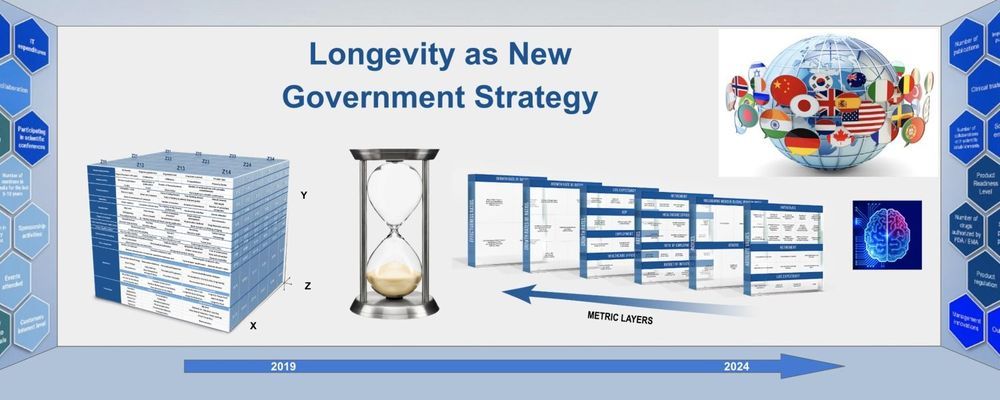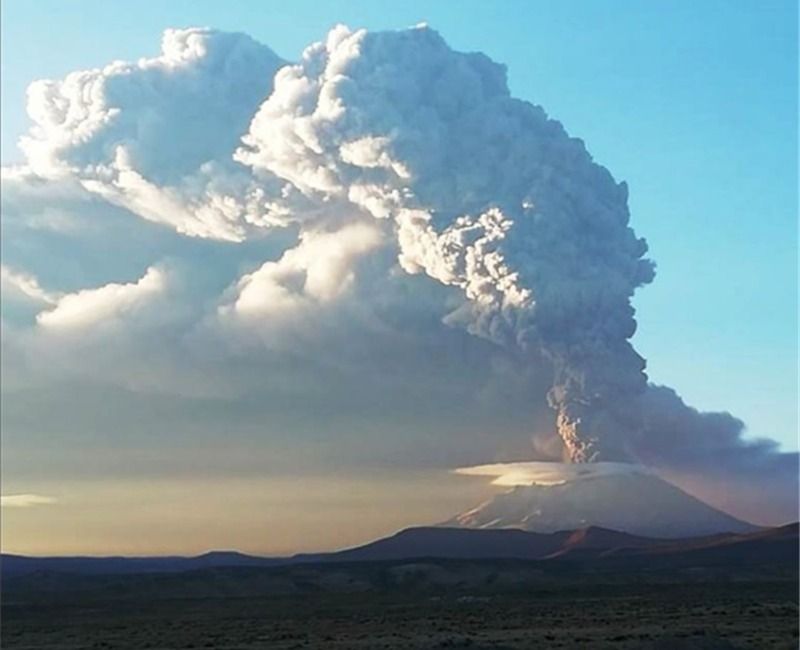It seems like the next step in human evolution (or animal evolution depending on where you’re standing) will be man-made. According to a recent report by Nature, Japan’s government has just approved experiments that will splice human cells into animal embryos, and then implant said embryos into surrogate animals, in an effort to grow human-congruent organs that can be used for transplant purposes.
Heading the experiments at the University of Tokyo is Hiromitsu Nakauchi, who plans to nurture human cells in rat and mouse embryos before moving the developing fetus to yet another animal for gestation. The hope is that the embryo will develop into an animal with human cells, meaning that the organs inside the newly-grown beast could then be surgically placed inside sick individuals that need new hearts, livers, pancreases — you name it.






